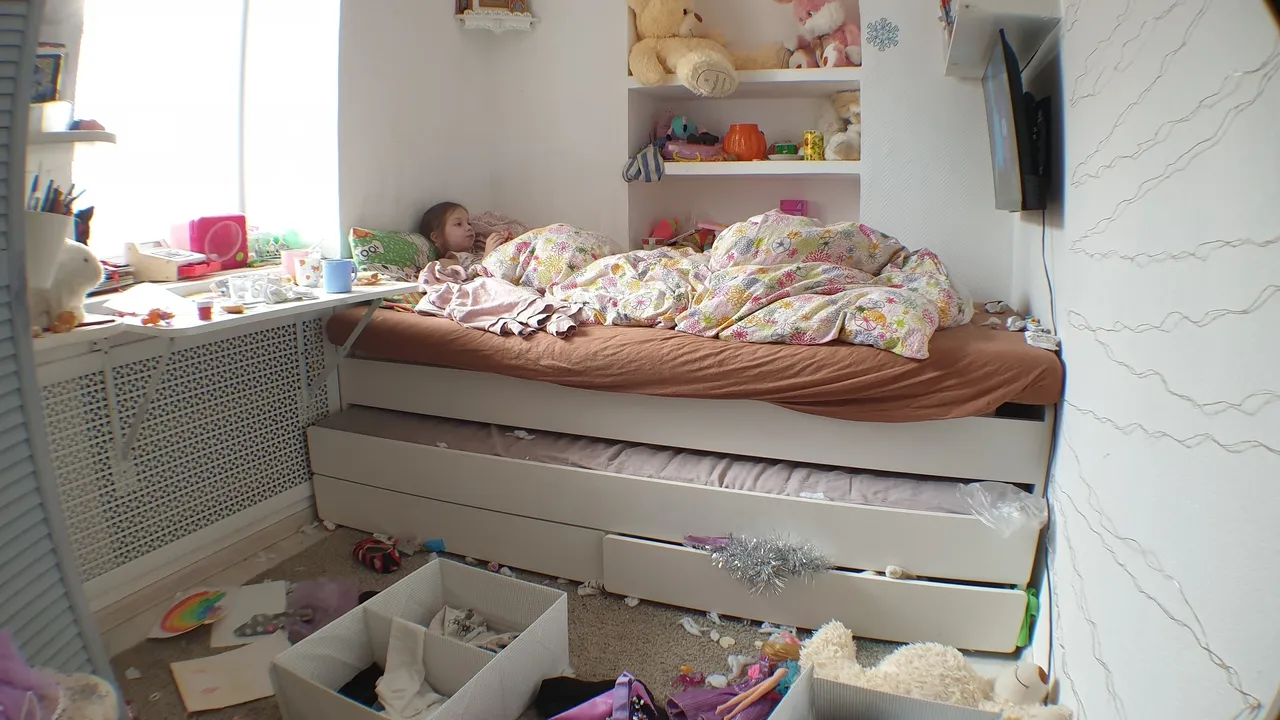Need to know: How to train your kids to keep their bedroom clean
The occasional messy room or desk can be a common sight in many homes, but a bedroom floor constantly filled with dirty clothes, rubbish and toys is a major trigger for parents. Our expectation is that as our kids grow they become responsible for keeping their bedroom clean and tidy. We don’t want their space to become a hygienic disaster, we do want them to learn the basic skills required to contribute to family life.
But what if your child can’t physically or mentally do this without your help?
The inability to organise ourselves and our environment can be a symptom of an underlying neurological condition. Executive dysfunction can be a debilitating issue for Autistic people and those with ADHD, OCD, Tourette’s syndrome, Bipolar, Anxiety and Depression.
Why it’s important
Changing your view and language from “my child won’t” to “my child can’t” can give you the permission to tackle the issue differently and with more empathy. Ask yourself these questions, does my child have difficulty:
- Planning and organising general tasks? Inability to get dressed, have breakfast, brush teeth and pack their bag without prompting
- Concentrating on school work? Easily loses focus and motivation to start and finish homework
- Regulating their emotions and behaviour? Often has outbursts and meltdowns over seemingly small things or displays inappropriate behaviour like interrupting adults
- Remembering important details? Forgets where they have put their belongings or continually loses their things
If you have answered yes to these questions, your child might be struggling with executive dysfunction and needs scaffolding to help them meet your expectations.
Help them do it – as parents we often forget that we need to teach our children how to do things. There is an expectation that they should just learn by watching us do things. The best way to learn is by doing alongside someone who knows what to do and that can talk us through the steps. You might have to regularly help them until they can comfortably do it themselves. Don’t give up because these are skills that they will take with them into adulthood.
Create the scaffolding – if your child has difficulty starting, planning and organising, they need the structure to get things done. Scaffolding starts with giving them some of the key tools to reduce the overwhelming process of tidying.
- Start with giving them 3 clear tubs that will help them sort what is on the floor.
- Decide together on what each tub should contain. For example, “clothes”, “rubbish”, “not sure”
- Add visual cues and a set-by-step checklist so that they can easily see and remember what to do
- Take a photo of what “done/clean” room looks like and stick it on their wall as a visual reference
Simplify requests – “clean your room” can be anxiety inducing if you have no idea how or where to start. It is better to break down the task into simple steps “put all your clothes in the the tub” or “throw your rubbish in the tub”
Agree on a routine – setting expectations and a regular time for clean up and tidy can avoid getting to the point where your kids bedroom is out of control. Again, you might just want them to “put all the rubbish in the tub before bed” and “put all clothes in the tub on a Saturday morning”. Engage them into finding a solution that works for everyone
Make it fun – cleaning is boring for kids and adults alike, so adding an element of enjoyment can go a long way in getting things done. Depending on your child’s age you can put on music or a podcast or challenge them to pick up more toys than you.
Less is more – kids don’t need many things. Although it requires a bit of organisation on your part, it’s better to store and rotate toys, books and clothes by season. Reducing the visual clutter and adding labels can help your child know where everything lives
References


